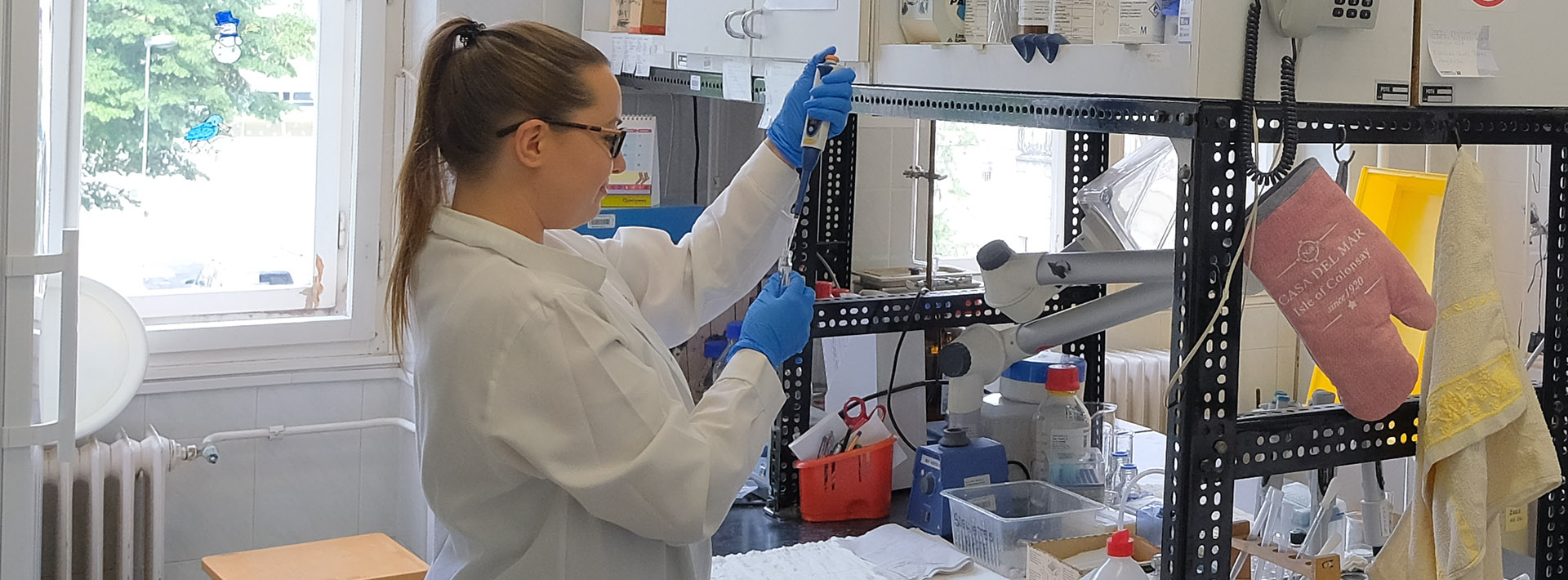Data
Official data in SubjectManager for the following academic year: 2024-2025
Course director
-
Pótó László
associate professor,
Institute of Bioanalysis -
Number of hours/semester
lectures: 0 hours
practices: 12 hours
seminars: 0 hours
total of: 12 hours
Subject data
- Code of subject: OPF-BFM-T
- 1 kredit
- Pharmacy
- Optional modul
- both
-
Course headcount limitations
min. 5 – max. 20
Topic
Give a chance to have more practice to solve problems in Biometrics using PC and the SPSS software in the computer room. This was a regular need of the students earlier since the special way how a MD should handle the typical medical problems (special way of thinking) was not founded by the secondary school education. This foundation is an important focus point of the Biometrics course. It seems, the weekly 1+1 lectures were not enough for most of the students for completing this important goal: To develop some brand new skills.
This course offers an organized way for that extra practices. It offers also some brushing up chances for those who has completed Biometrics earlier.
It is attached a ‘COVID-special’ block to every class material now. We study and analyze the data of the pandemic - based on the two new course goals. It demonstrates the power of data analysis to our professional and private life decisions. COVID pandemic – is a real hot issue, isn’t it?
We highly suggest students to join also to Introduction to BM course which covers the first 6 weeks topics of the Biometrics class contents. The Problem-solving BM class continues this covering Week7-Week12 topics.
Both of the courses are containing blocks for online studies – optional right now. (These are created also based on COVID semesters experiences). There are connected to these blocks consultation options. Further features are the basic and advanced (B and A) level study materials and requirements. They are new developments and tested continuously on resent semesters.
Lectures
Practices
- 1. The one sample (and the paired samples) t test - Pótó László
- 2. The one sample (and the paired samples) t test - Pótó László
- 3. The CI and the hypothesis testing - the type one and type two errors. - Pótó László
- 4. The CI and the hypothesis testing - the type one and type two errors. MDM basics 1. - Pótó László
- 5. The independent samples t test - Pótó László
- 6. The independent samples t test - Pótó László
- 7. The linear regression - Pótó László
- 8. The linear regression - Pótó László
- 9. The contingency tables - the chi squares test - Pótó László
- 10. The contingency tables - the chi squares test. MDM-1/2 - Pótó László
- 11. The nonparametric tests - Pótó László
- 12. The nonparametric tests. MDM basics 2. - Pótó László
Seminars
Reading material
Obligatory literature
Literature developed by the Department
Course material on the Moodle (continuously upgraded and completed script, video, mp3, basic and advanced level exercises and solutions, ...)
Notes
László Pótó: Biometrics, workbook, Pécs, 2020.
Recommended literature
1, Moore, D. S.: The Basic Practice of Statistics, 7th edition, 2015.
or
2, Moore, David S., McCabe, George P.: Introduction to the Practice of Statistics, 5th edition, W.H. Freeman, 2005 or
Yates, Dan, Moore, David S., Starnes, Daren S.: The Practice of Statistics (TI-83/89 Graphing Calculator Enhanced) 2/e, W.H. Freeman, 2003 or
3, Rees, W. G.: Essential Statistics, Chapman and Hall, 1992
Conditions for acceptance of the semester
Maximum one missed class
Mid-term exams
Active participation on the classes.
Making up for missed classes
One extra class
Exam topics/questions
No exam but active participation on the classes is a must.
Examiners
Instructor / tutor of practices and seminars
- Pótó László
